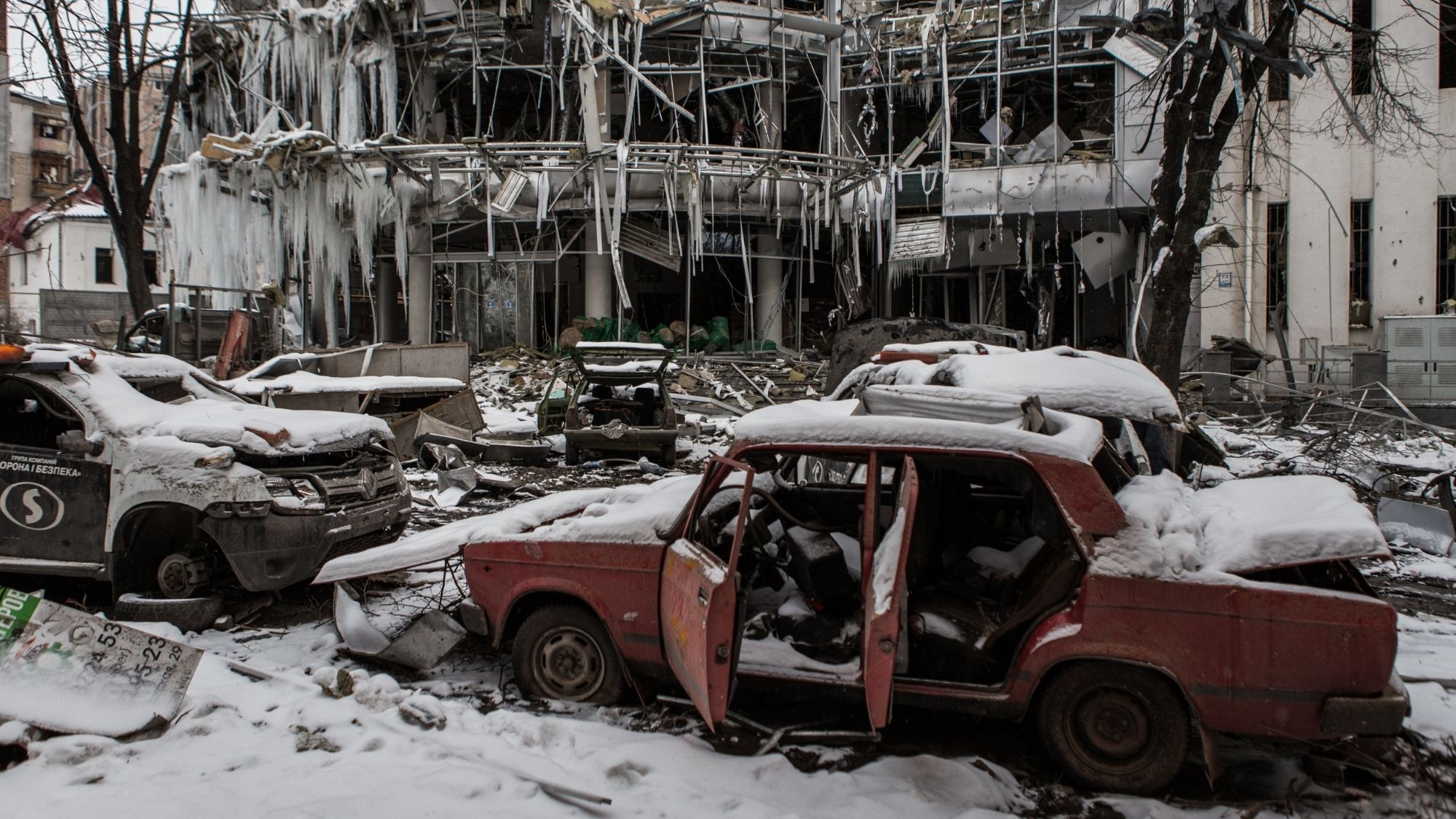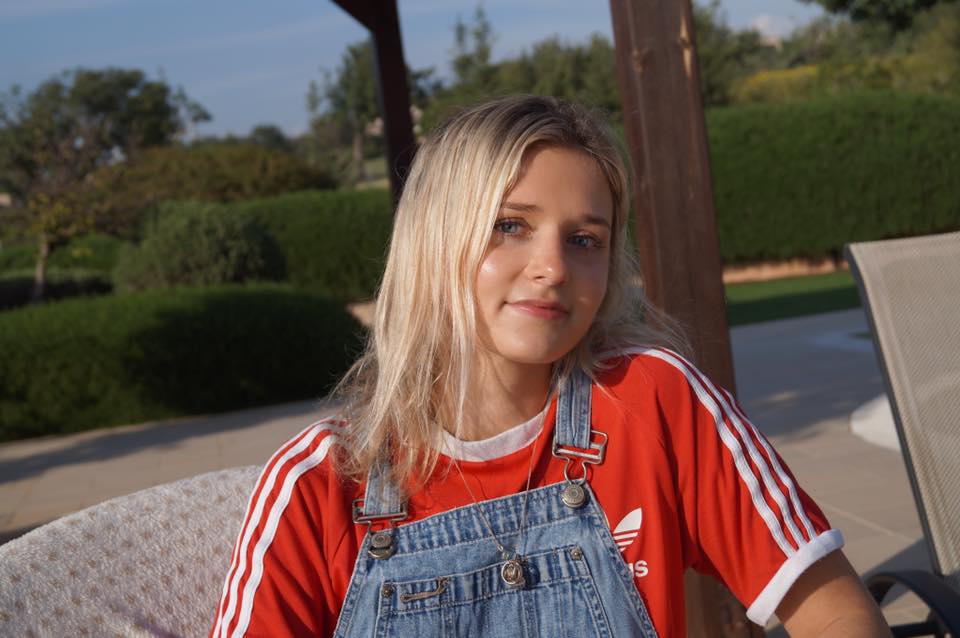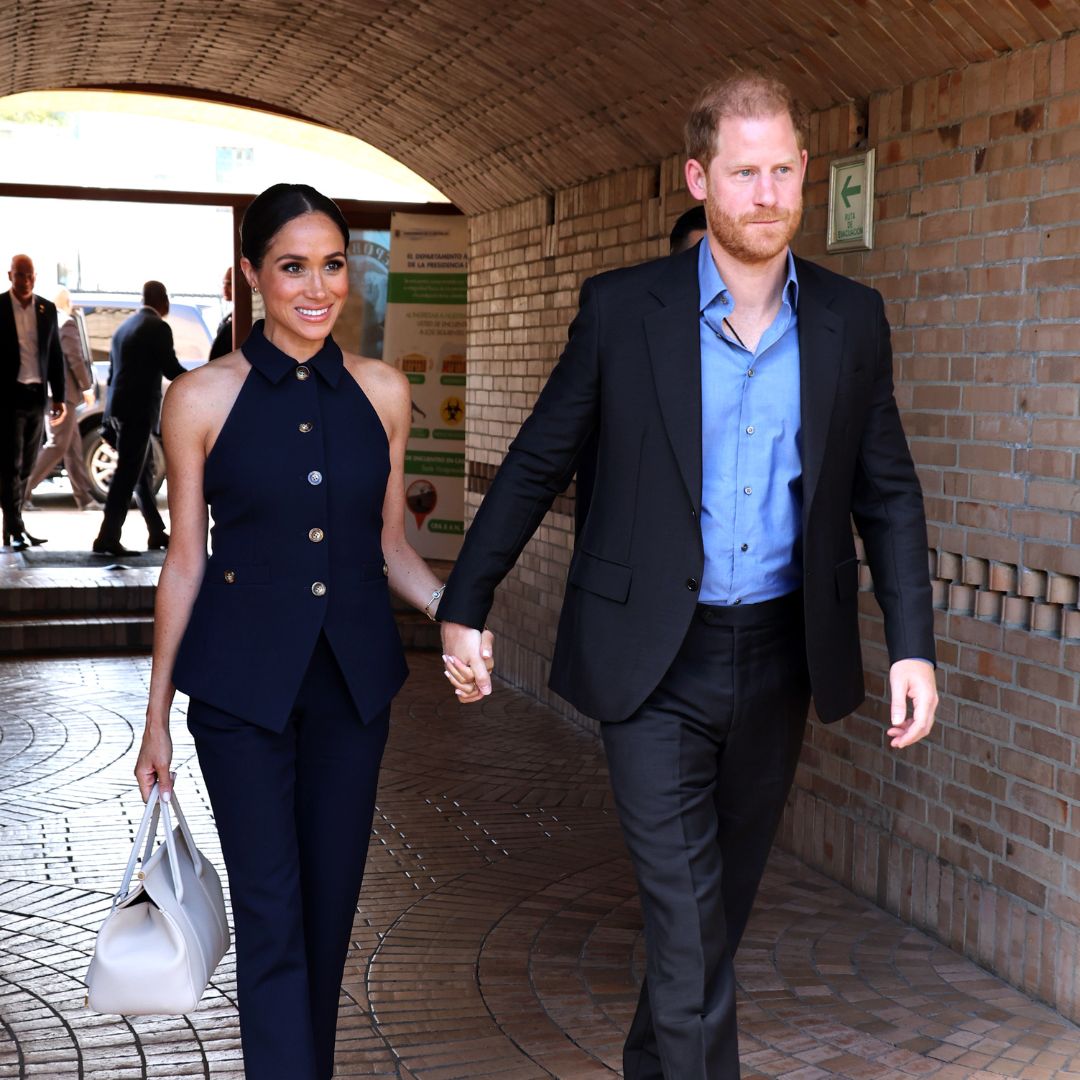Two weeks of war in Ukraine: what we know now
An update on the conflict


An update on the conflict
It's been 15 days since Vladimir Putin's troops invaded Ukraine, on the 24 February. Since then, Russian troops have laid seige to several major Ukrainian cities, taken control of Chernobyl, bombed civillian espace routes and committed several alleged war crimes.
Timelines of major events up until now?
The Ukrainian city of Kherson was the first significant urban centre to fall since Russia’s invasion began. Russian forces surrounded the southeast port of Mariupol, while several other Ukrainian cities were under attack.
On March 6th, Ukraine accused Russia of targeting civilians as it stepped up shelling in Kharkiv in the east, Mykolaiv and Mariupol on the Black Sea coast, and the outskirts of the capital, Kyiv.
Ukrainian President Zelensky refused to go into hiding, repeatedly imploring NATO allies to impose a no-fly zone over Ukraine, a request that is shut down by leaders, including Boris Johnson, over concerns of being dragged into the conflict.
On 8 March, US imposes ban on all imports of Russian energy, saying the move aims to target “the main artery” of the country’s economy.
Marie Claire Newsletter
Celebrity news, beauty, fashion advice, and fascinating features, delivered straight to your inbox!
While the European Commission vows to reduce dependence on Russian gas by two-thirds by the end of the year. The UK also claims it will also phase out imports of Russian oil.
Despite promises of a ceasefire to allow civillians to escape Mariupol, shelling continued yesterday. Bombs destroy a maternity hospital, killing (at present time) three people and at least one child.
Ukrainian president Volodymyr Zelensky has condemned the attack on a children’s hospital ias evidence of a “genocide” prompting the US to pledge $13.6bn aid package.
What's happening now?
The Red Cross has described conditions in the port city as “apocalyptic”, while deputy prime minister Iryna Vereshchuk said the situation was “catastrophic”.
War correspondents on the ground have described corpses lying in the streets and civillians looting locals shops in desperate search of food, melting snow for drinking water.
Today 27 leaders of the EU are meeting in Versailles to discuss the confluct. A draft declaration prepared for the summit said: “Russia’s war of aggression constitutes a tectonic shift in European history.” The leaders are expected to discuss reducing the bloc’s energy dependency on Russia, and Ukraine’s request to join the EU.
Russian foreign minister Sergei Lavrov has landed in Turkey for more talks with his Ukrainian counterpart Dmytro Kuleba. But Kuleba has already speculated in a Facebook video that his expectations from the meeting are “limited”.
Juliana Piskorz is a freelance journalist and broadcaster. Over the course of her career she has written for a smorgasbord of magazines and national newspapers including The Sunday Times, Dazed and Confused, the Independent, the Guardian, Refinery29 and The Face among others.
Before going freelance, Juliana was the Digital Editor at the Evening Standard Magazine and a Staff Writer at the Observer Magazine.
Juliana has a partcular interest in art, fashion, travel and the pop culture.
-
 I get lash lifts regularly—here’s how I combat 'lash dehydration’, as per expert advice
I get lash lifts regularly—here’s how I combat 'lash dehydration’, as per expert adviceHow I've got my flutter back on track...
By Rebecca Fearn
-
 I tried Charlotte Tilbury’s bridal make-up service for my wedding, and *loved* it—here’s everything you need to know
I tried Charlotte Tilbury’s bridal make-up service for my wedding, and *loved* it—here’s everything you need to knowOne of my favourite beauty experiences to date
By Tori Crowther
-
 Prince Harry's "proud" words about wife Meghan Markle are going viral
Prince Harry's "proud" words about wife Meghan Markle are going viralBy Jenny Proudfoot